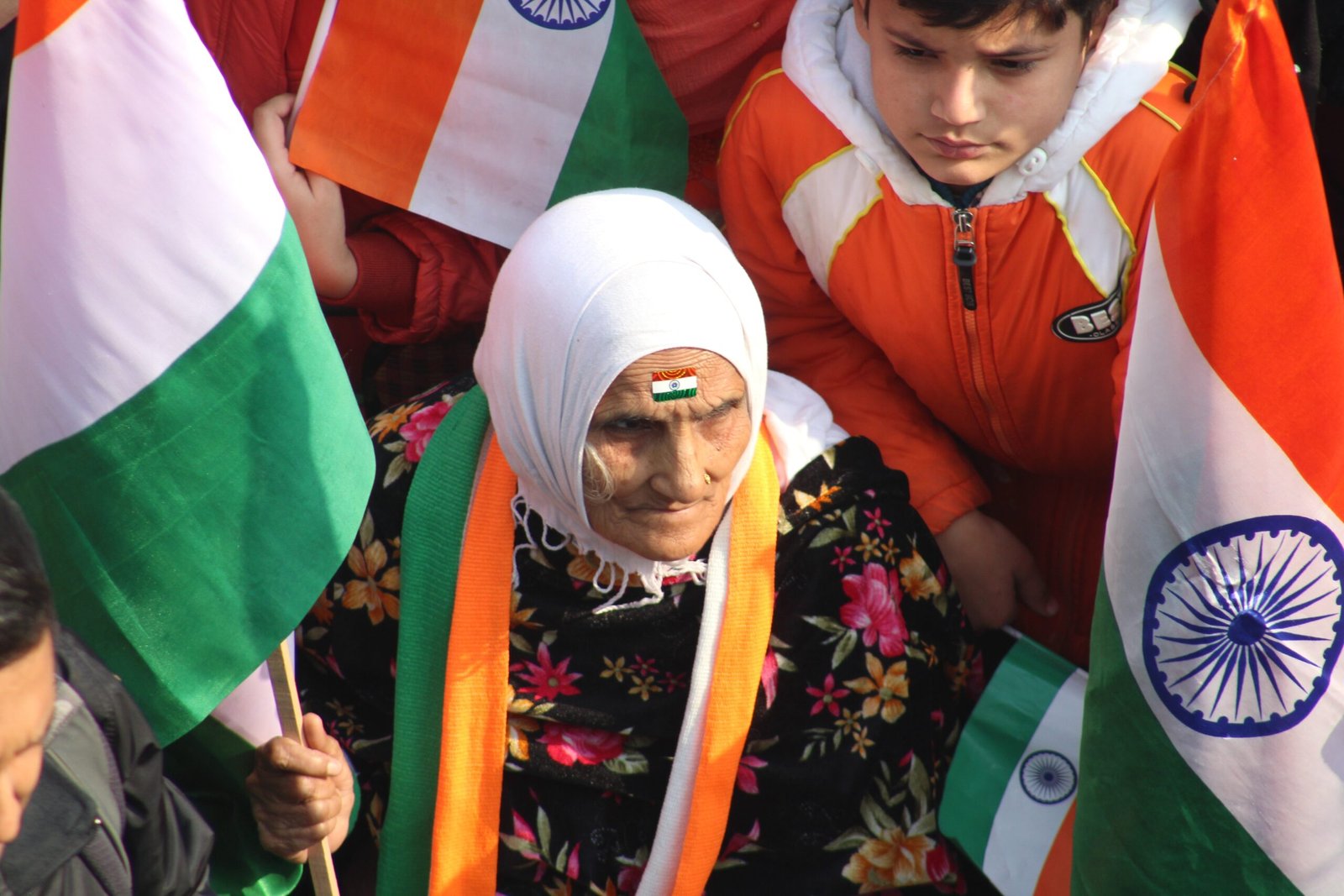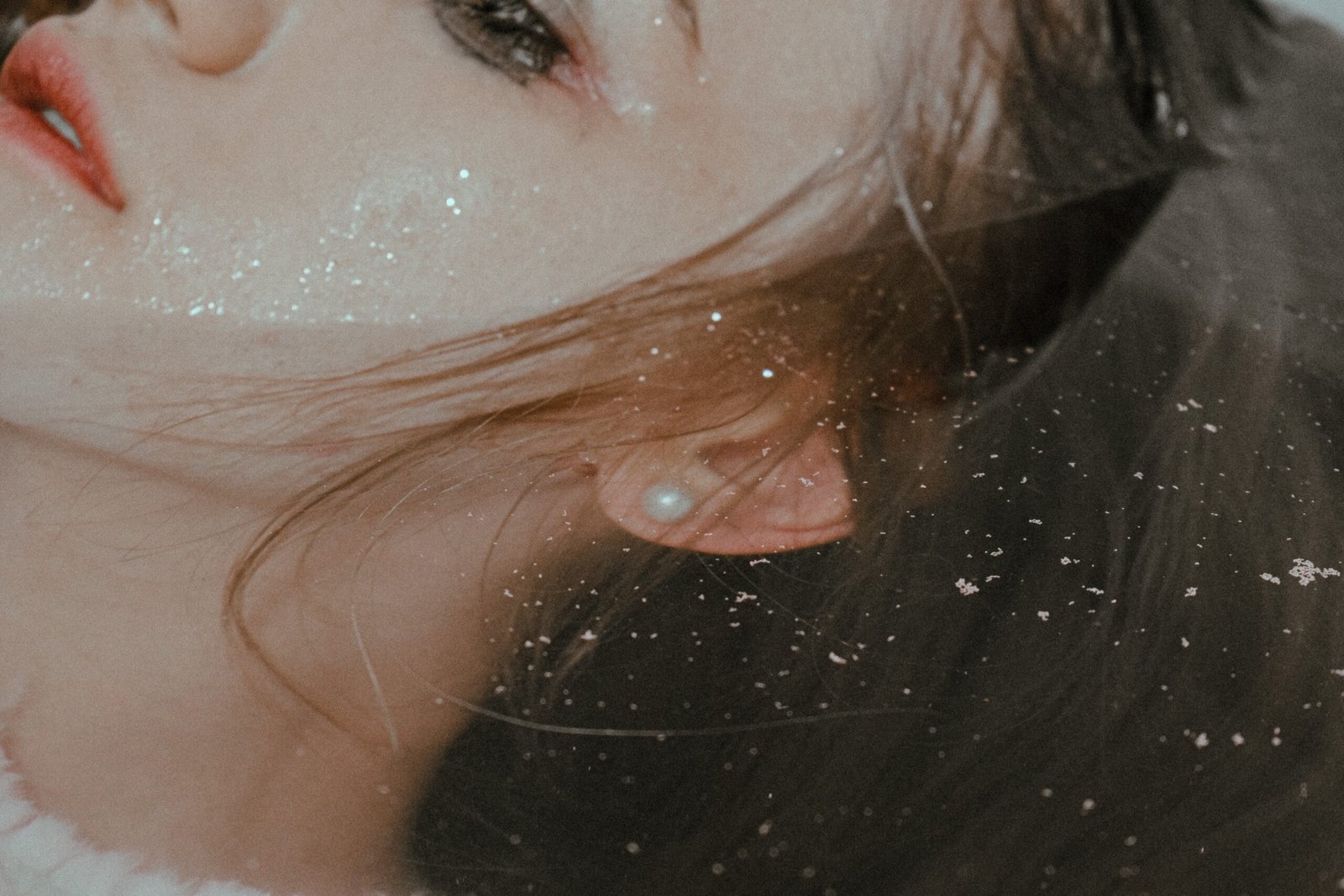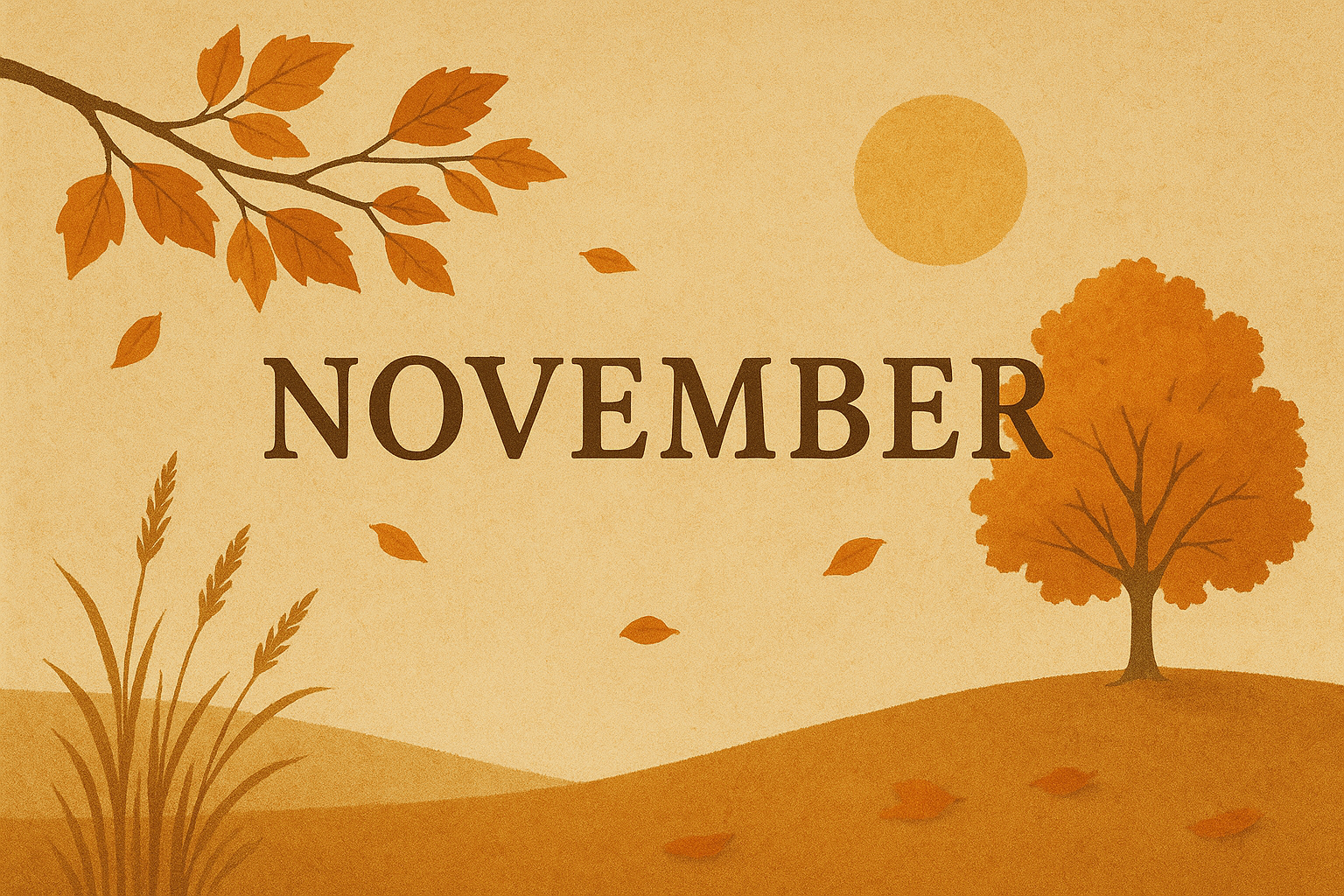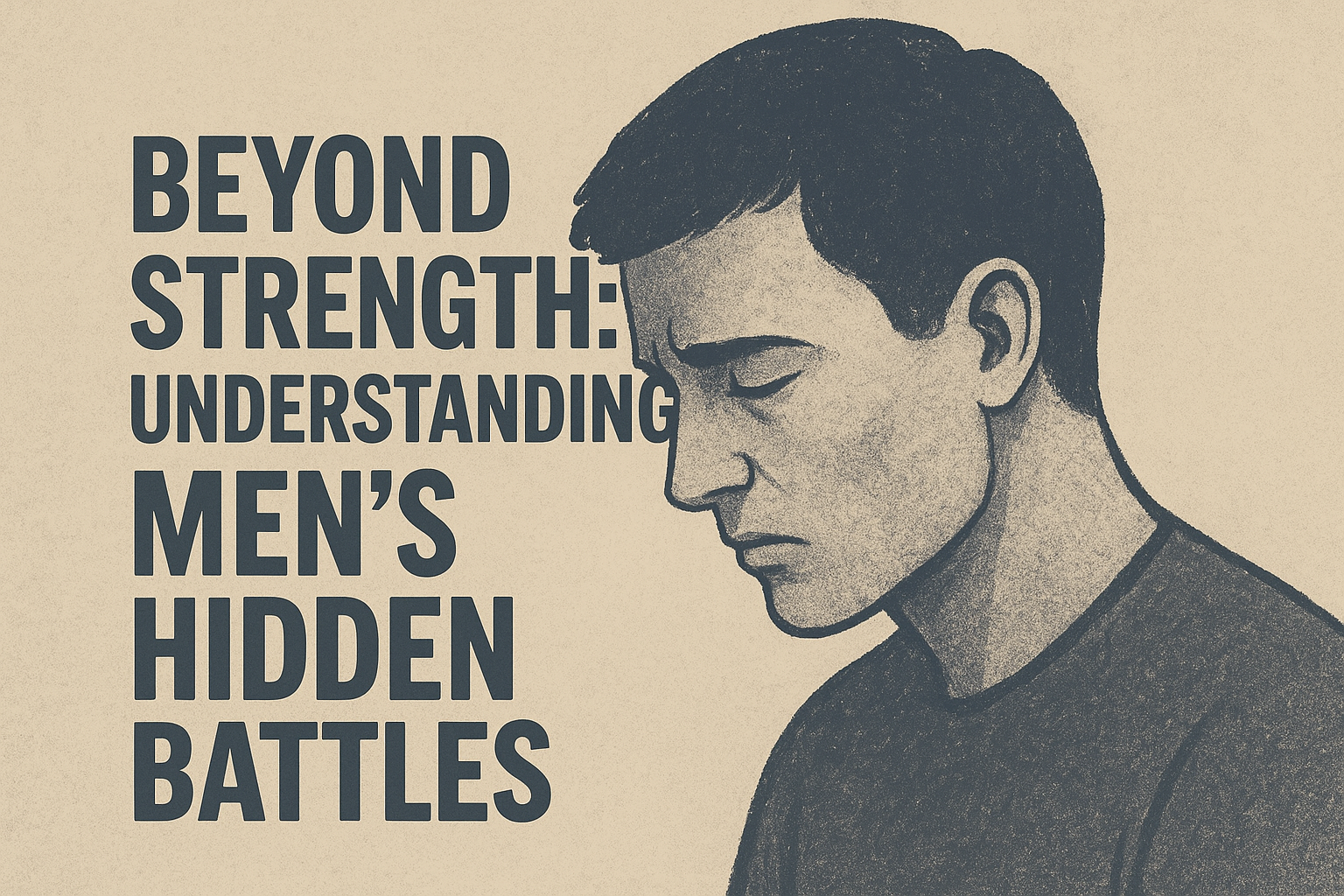Mothers Day is about warm and fuzzy memories. That’s a stereotype.
My relationship with Mother’s Day is complicated. I am a child-free-by-choice woman. Additionally, I don’t share a warm and fuzzy relationship with my own mother. All those feel-good posts on Mother’s Day used to make me uncomfortable. Don’t get me wrong. I adore the bond my friends or sisters share with their babies, but I have seen the ugly sides of motherhood as well.
Mother’s Day has always been bittersweet until I realized, despite all those negative experiences, how the maternal figures in my life had influenced me and shaped my character.
My mother and I; We do not share a stereotypical relationship.
Let me start with my mother. I have grown up hearing that I am a carbon copy of my father. Not just we look alike, but share the same outlook and understanding of life. I used to believe that too. After all, my relationship with my mother wasn’t anything like the standard prototype that we see in movies and advertisements.
Bring two headstrong and opinionated women together and witness what happens. We often locked horns during my rebellious teenage years, forcing my father to intervene. He used to remark, “ek jongole duto bagh thakte pare na”, which roughly translates to “two tigresses can’t share the same jungle”.
The main issue since childhood was the fact that my evolution as a woman of logic, judgment and fortitude and my adherence to self-liberation and acceptance of factual truth over bigotry, was constantly put to test. My mother banked on the rhetoric of unquestionable obedience. As a matter of fact, I could not wait to leave my home and start living on my own.
Despite all this, I grew up to find that there was more and more of her in me which would surface in any struggling situation of my life. I realized that my grit and strength that I am so proud of, are actually inherited from my mother. As much her idiosyncrasies about life and customs bothered me, she’d ensure that my education and value system remained unhindered. She maintained her viewpoint all throughout the years the same way, but at the same time let things go at the right moment so that I, her daughter, can fight and shape her views in an unobtrusive manner in today’s world.
Today if I dare to dream, despite multiple failures, if I reach out to help people even on the busiest and toughest days, it is all that I have learnt from her. As a child, I had wished to replace my mom with a friend’s mom, so many times in my mind. However, I am so glad that I am a part of my mother. Her traits will always reside in me, no matter what people and I, say to fool ourselves.
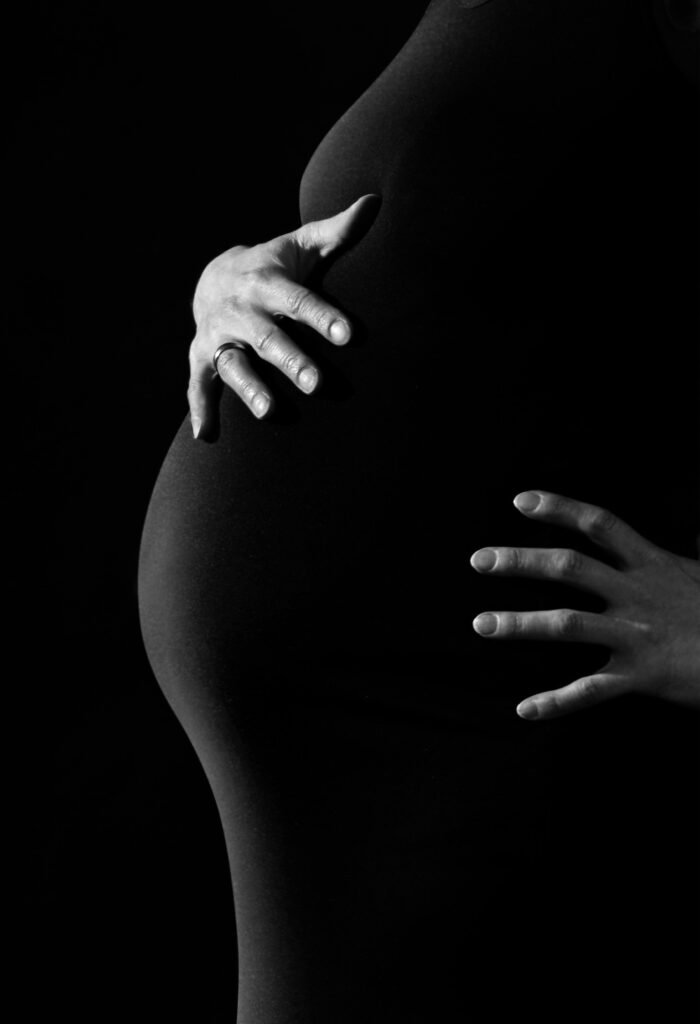
My Pishi – The mother-figure
The maternal figure that influenced me the most in life is not my mother though. It was my Pishi, the elder sister of my father.
If one-half of my femininity is derived from my mother (the fierce part), the other half (the caring and kind part), is derived from Pishi. I have learnt to love unconditionally from her. Pishi didn’t get married and lived with us. She is more of a mother to me than my own. While other children would get scared and say “Ma er kache jabo” (I want to go to my mom), I would say “Pishir kache jabo”. (I want to go to my Pishi). From telling bedtime stories to listening to my blabbering, to supplying endless narkol narus, she was the embodiment of all the virtues we associate with motherhood.
Breaking away from stereotypical questions
That brings us to some very important questions.
- Who is a mother? How do we define motherhood?
- Is motherhood necessarily associated with giving birth?
- Is motherhood gender-specific?
I think that most of us will unanimously agree upon the fact that motherhood is about being a nurturer and caregiver. The dictionary definition too, puts forth the aspect of giving birth.
- That is the reason why Mother Teresa is a ‘mother’.
- That is the reason why Sushmita Sen is a ‘mother’.
- That is the reason why Aditya Tiwari, is a ‘mother’.
With changing times, other narratives of motherhood need an upgrade.
Time to change
I want the selfless and sacrificing image of motherhood to change. In our society, the more a woman’s life is affected by her motherhood, the greater of a mother she is. I cringe at the emphasis given on how long the new mother was in labour, whether she had a vaginal delivery or a C-section, whether she is raising her children alone or taking the help of a nanny, whether she is breastfeeding or using formula, how much weight she gained during pregnancy, whether she is planning to go back to work afterwards!
Every topic has become a part of the drawing room discussion and everyone feels entitled to give their opinion on this. I get angry when I see how two women, in their most vulnerable conditions, are pitted against each other to see who is acing motherhood. I am disgusted that how against their own will, they are signed up for lifelong competition against each other based on how well their children perform in this world.
I want to normalize adoption. In a society where childless women are named ‘Banja / Banj’ (infertile), considered ominous and barred from participating in auspicious rituals, I want to argue about a woman’s right to remain ‘Childfree by choice’.
Motherhood doesn’t complete a woman. Every woman is complete in herself. With these thoughts, I wish you all a very happy Mother’s Day.







